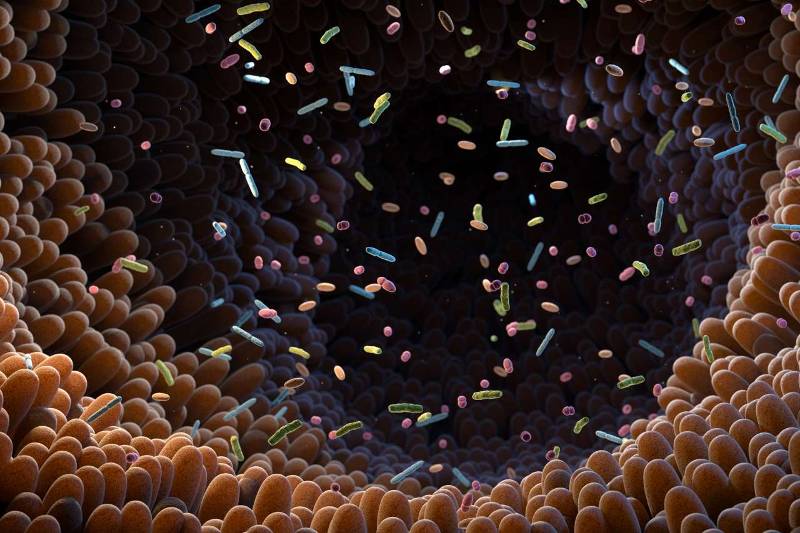Summary: UCLA Health researchers have discovered that people who experience discrimination show distinct differences in their gut microbiome, including lower levels of anti-inflammatory bacteria and altered gene activity. The groundbreaking study achieved 91% accuracy in predicting discrimination exposure through gut bacteria analysis alone, suggesting a profound connection between social experiences and physical health.
Journal: Frontiers in Microbiology, 2024
Reading time: 4 minutes
Scientists have uncovered a remarkable connection between discrimination and the human gut, revealing how social experiences can literally shape our biology. A new UCLA Health study demonstrates that people facing discrimination show significant differences in their gut bacteria composition compared to those who don’t experience such treatment.
The Discrimination-Gut Connection
“There’s a lot of research on how discrimination affects the HPA axis and how that leads to disease, but that’s only one part of the story,” says Dr. Tien Dong, assistant professor of gastroenterology at the David Geffen School of Medicine at UCLA and co-lead author.
The research team surveyed 154 adults from diverse backgrounds, including Asian, Black, Hispanic, and white participants of all genders, about their experiences with discrimination and psychological health. After analyzing stool samples, they divided participants into two groups based on their reported levels of discrimination.
Bacterial Signatures of Social Stress
The findings revealed striking differences between the groups. Those who experienced high levels of discrimination showed lower levels of Prevotella, a bacteria known for its anti-inflammatory properties. Conversely, individuals reporting low discrimination had higher levels of Ruminococcus, another anti-inflammatory bacterium.
“These findings are consistent with the idea that discrimination leads to micro-inflammation of your body,” notes Dong, explaining that chronic inflammation has been linked to various diseases.
Beyond bacterial composition, the research uncovered distinct patterns of gene activity between the groups. The high-discrimination group also reported higher levels of anxiety and more gut-related sensations, particularly among those with early trauma experiences.
Hope for Intervention
While systemic discrimination remains a complex societal challenge, the researchers emphasize that individuals can take steps to protect their health.
“People can’t control the way they are treated, but they can control how they respond to it,” says Aparna Church, Ph.D., co-director of the UCLA Goodman-Luskin Microbiome Center and co-lead author.
The team suggests potential interventions such as mindfulness practices and probiotic supplements, though these approaches require further study. Future research will explore various gut-directed and brain-directed treatments to help mitigate the biological impact of discrimination.
Quiz
- What percentage accuracy did researchers achieve in predicting discrimination through gut bacteria analysis?
- Which beneficial bacteria was found at lower levels in people experiencing high discrimination?
- What additional symptom did the high-discrimination group report besides gut sensations?
Answers:
- 91%
- Prevotella
- Higher levels of anxiety
Glossary of Terms
- Microbiome: The community of microorganisms living in the human body
- HPA axis: Hypothalamic-Pituitary-Adrenal axis, the body’s stress management system
- Prevotella: A type of bacteria with anti-inflammatory properties
- Ruminococcus: An anti-inflammatory bacterium
- Chronic inflammation: Long-term inflammation that can lead to various diseases
Enjoy this story? Get our newsletter! https://scienceblog.substack.com/


